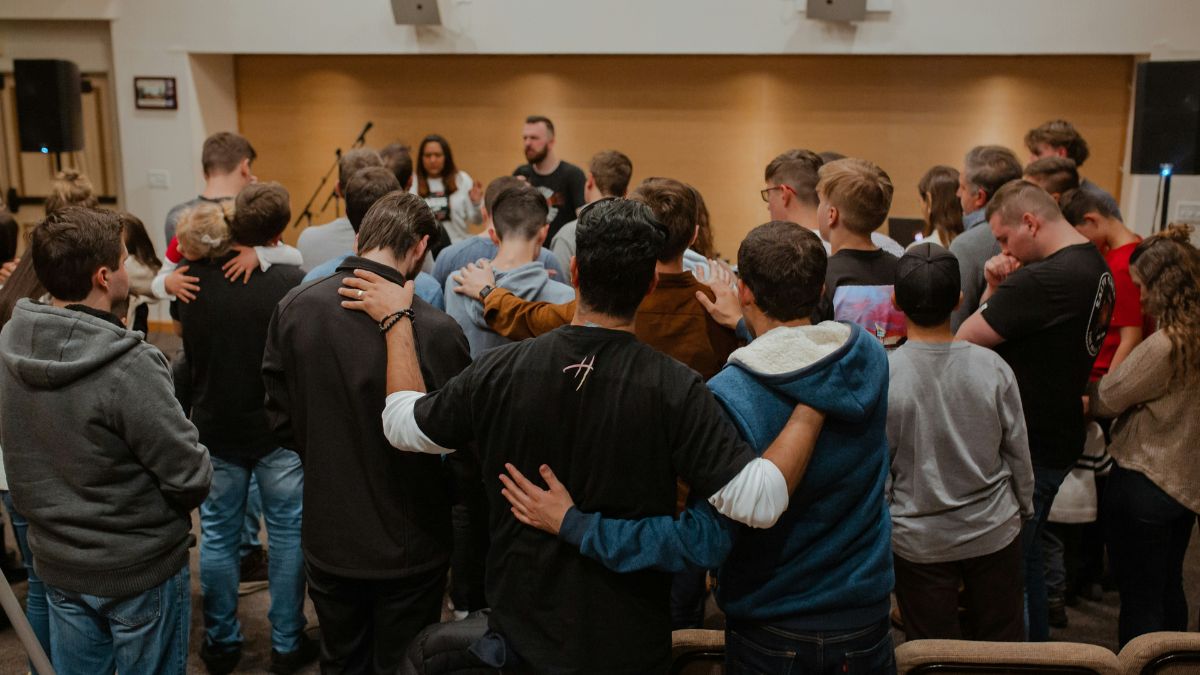



An adorable boy with Down syndrome was selected as this year’s Gerber baby. That’s great news. But remember, he’s not valuable because he’s cute!
Starting sometime in the 1920s, the Gerber Baby became a cultural icon of hand-drawn cuteness. In 2010, the baby-food company started an annual photo contest for real-life Gerber babies. One hundred and forty thousand families entered the contest this year, and the winner is one-year-old Lucas Warren. Once you see his adorable grin, you’ll know why.
In addition to being Gerber’s Spokesbaby—which of course isn’t strictly accurate since he can’t really speak yet—little Lucas enjoys another honor. He’s the first child with Down syndrome to be named the winner.
At first glance, as Kathryn Jean Lopez wrote at National Review Online, “the Gerber Spokesbaby slot …is an advertisement for baby food, (but) it can be so much more this year. Looking in the eyes of Lucas, we might see a better way to live.”
Amen, and good for Gerber! In most Western countries, including Iceland, France, and even the U.S., the vast majority of precious children with Down syndrome are targeted for extinction through selective abortion. Even more, this is considered a good thing by many in the press, and even more in the academy. Princeton bioethicist Peter Singer has infamously argued that parents be allowed to kill children with disabilities like Down syndrome even after they’re born.
Gerber’s choice sends a crucial message, that children with disabilities are just as valuable as any other child, and they often bring love into their homes, communities, and churches that’s second-to-none. So may Lucas be an ambassador, not just for Gerber, but for the joy that comes from welcoming all lives.
I’m more than happy to praise Gerber…but I don’t want to praise them for the wrong reason. Gerber did the right thing, but children with Down syndrome aren’t valuable because they’re cute or even because they often bring so much love and happiness to their families, although both of those things are true.
Lucas, like every human being, is valuable whether he’s cute or not; both when he brings happiness and when he doesn’t. His value is intrinsic, not a utilitarian calculation that weighs the costs with the benefits. Such a belief used to be commonplace in our culture.
Tragically, the cultural consensus is gone. Just ask Natalie Weaver, mother of 9-year-old Sophia. Sophia, because of a neurological disorder called Rett syndrome, has deformities in her face, hands, and feet. She has no motor control and cannot talk, and she lives with a colostomy bag and a feeding tube. Yet Natalie Weaver proudly calls her daughter strong and happy, despite the difficulties she lives with every single day.
Many academics, media personalities, medical professionals, and internet trolls, however, think Sophia is worthy of death, not worth the money that’s needed to keep her alive. Some extremely cruel commenters on Twitter, for example, recently said that Sophia is proof of the need for abortion, even child murder. Weaver says, “I get people telling me to kill my child, to put her out of her misery.”
For many, many families, caring for special-needs children is extremely difficult—sleepless nights, exhausting days, endless physical and emotional challenges, and the loss of dreams for a “perfect home” or an “ideal family.”
Sophia has had 22 surgeries so far—think how tough that would be to watch your child endure that. And, of course, not every family—or mom—is as courageous, loving, or amazing as Natalie.
And it’s exactly here where God is calling His people to step in. We can champion the dignity of every life in both word and deed, the cute and not-so-cute, at both lovely and unlovely moments, as parents and sibling and families, and as church communities. We can support, pray, love, care, and otherwise live as if every life matters. Because, of course, it does.
A New Gerber Baby: An Image Bearer with Down Syndrome
Kudos to Gerber for demonstrating that every life matters. Christians recognize this because every life is made in God’s image. There are many challenges for children with disabilities and their parents/caregivers. We can support them through prayer for physical, spiritual, and emotional strength, and also by hands-on help offered in the name of Christ.
Have a Follow-up Question?
Want to dig deeper?
If you want to challenge yourself as many others have done, sign up below.
Webinars
Short Courses
Up
Next














